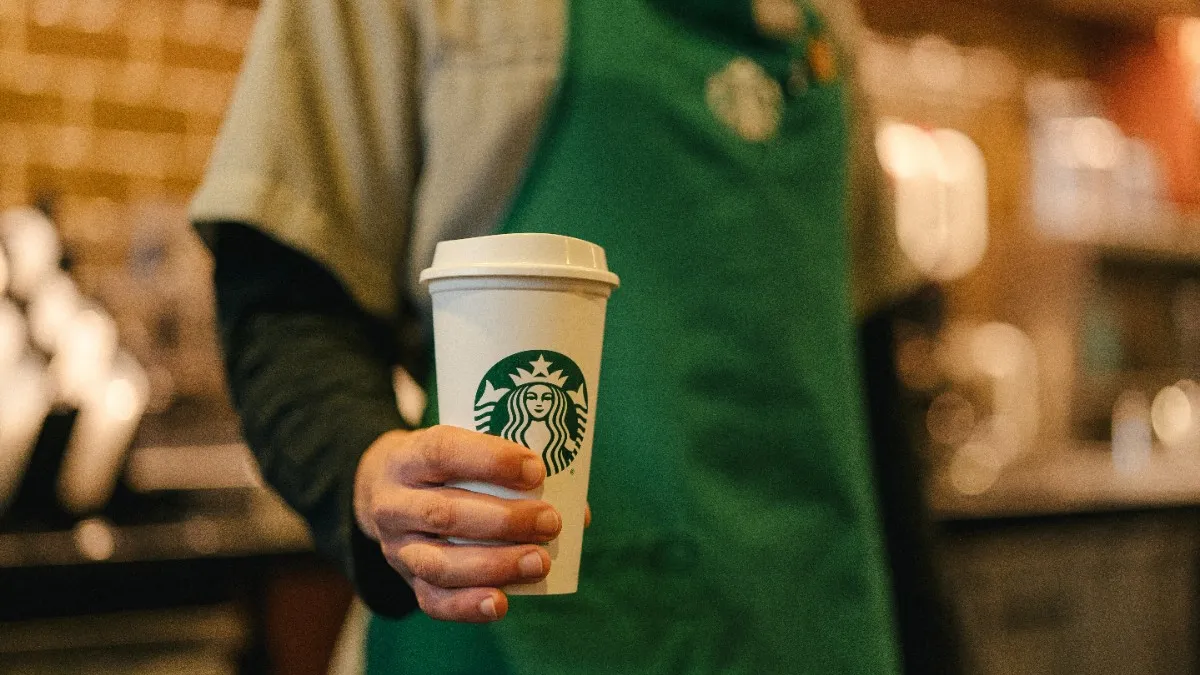Dive Brief:
- Starbucks is accelerating price increases to mitigate rising supply chain disruption and cost pressures, executives said during to a Q1 earnings call.
- The coffee chain raised prices January 1 and plans additional hikes this year to "help offset the trends and some of the cost pressures that we’re seeing," said John Culver, group president of North America and COO.
- Starbucks faced an increase in COVID-19 isolation pay and higher costs for onboarding new hires. Labor constraints among third-party delivery providers also pushed the coffee chain to the pricey spot market. The company expects supply chain disruption to "continue for the foreseeable future," CEO Kevin Johnson said.
Dive Insight:
Labor constraints at Starbucks and its third-party distribution providers sent costs soaring beyond what the company had anticipated.
Johnson said costs began rapidly accelerating in December "well in excess of our expectations." Starbucks' third-party transportation providers were unable to fulfill a portion of its distribution needs, pushing the company to rely on the spot market and "alternative delivery solutions."
More companies are passing along the rising costs of transportation and other supply chain challenges as consumer demand remains high. Lamb Weston, for example, said price increases helped offset costs in Q2.
As inflationary pressures rise, "we have and we will continue to take intentional steps to offset these pressures, including selectively accelerating price increases," said Rachel Ruggeri, executive VP and CFO at Starbucks.
The coffee chain expects costs to remain high as it predicts employees will use COVID-19 isolation pay at similar rates through the next quarter. In addition to raising prices, Starbucks is also cutting down on marketing spend to offset costs.
The company is also focusing on increasing productivity and reducing complexity throughout its network to meet high demand with limited staffing.
Starbucks is investing in automated ordering and improving the functionality of its equipment. The company also touted its efforts to eliminate low-volume food items during the first surge of the coronavirus, saying it didn't have a meaningful impact to overall sales.
"Productivity plays a key role for us going forward, and it's an area that we're laser focused on," said Culver.














